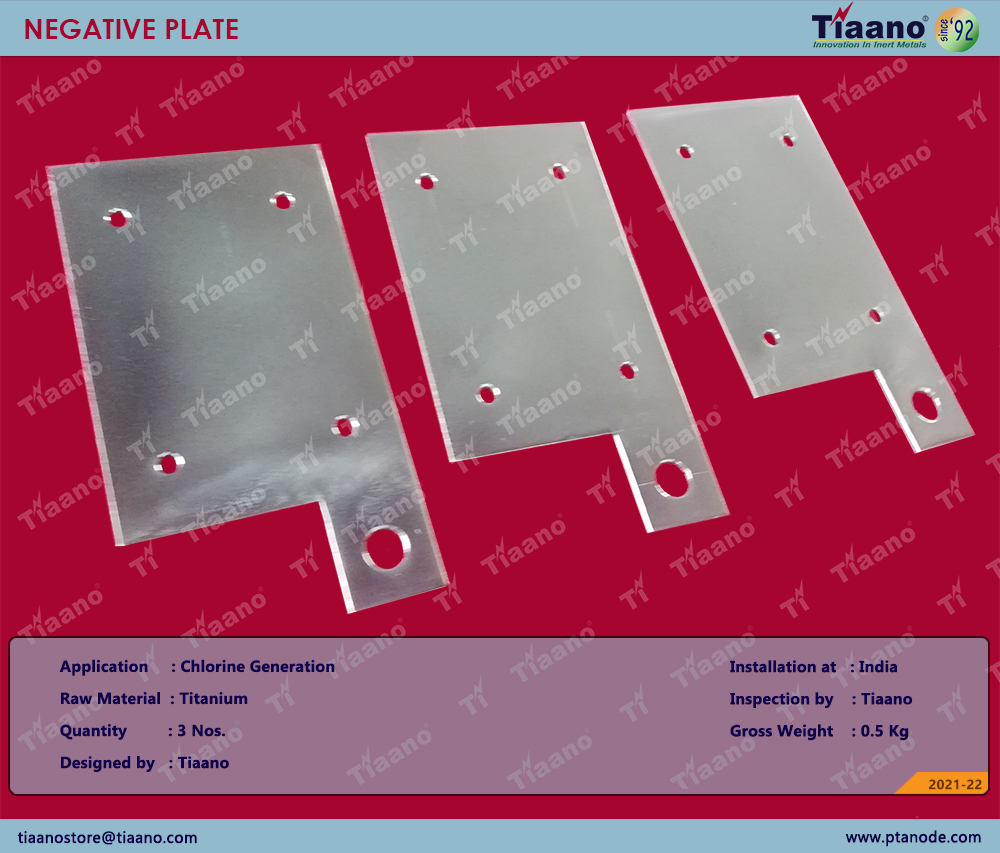Titanium Cathode for Electrolysis Application
January 29, 2022 at 8:57 PM
—
Tiaano
Titanium is mostly used as a cathode during electrolysis process. Titanium has peculiar properties. It is resistant to the passage of current into an electrolyte, but it has low resistivity when a second metal makes contact with it. If an attempt is made to use titanium as an anode in salt water, this resistance to the passage of current into the electrolyte immediately becomes apparent for an increasing anodic current is applied to it, the voltage required to force the current through the surface film rises until at the weakest points the film breaks down and intense local corrosion ensues.
Titanium used for high-performance applications contributes to its high cost, given its relative abundance on the earth. It is the most delicate and most flexible of these grades. It possesses the most outstanding formability, excellent corrosion resistance, and high impact toughness. The titanium-rare earth metal alloy cathodes contemplated herein have a low hydrogen evolution voltage. For example, while a titanium-0.2 weight percent palladium cathode has a hydrogen discharge potential of -1.44 volts. Additionally, when utilized as cathodes, the titanium-rare earth metal alloys contemplated herein have low hydrogen uptake. This is evidenced by a low weight gain when so utilized.
Advantages of Titanium:-
Low Weight
Corrosion Resistance
Easily Fabricated
High Strength and Durable
